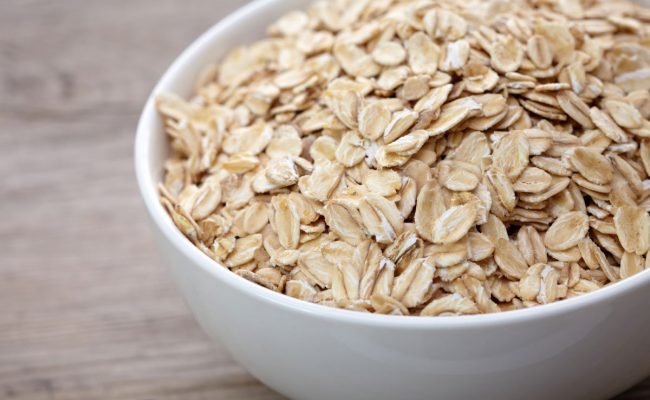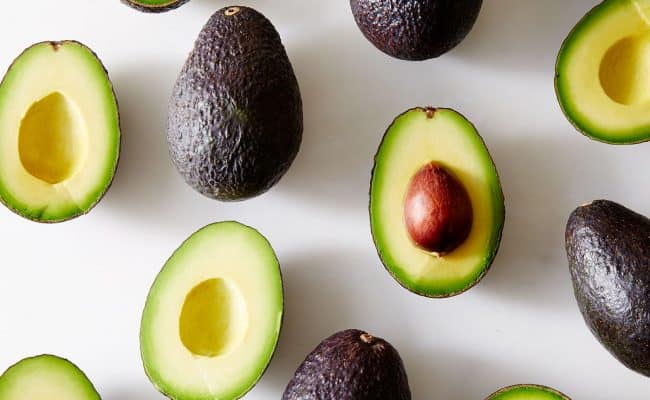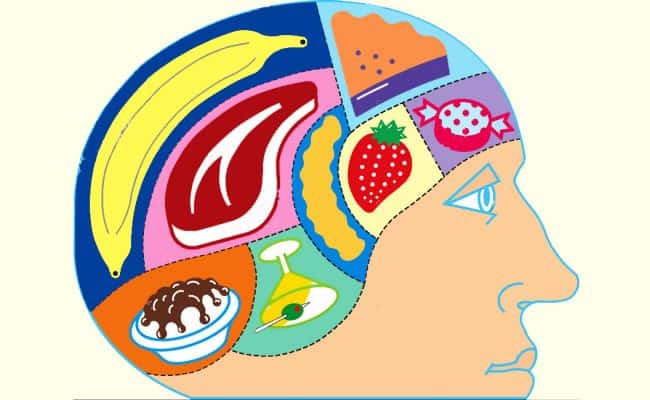
Popcorn can be considered good for you, and it has even been called a perfect snack food. Popcorn is a whole grain, so it is high in fiber along with providing a source of antioxidants and trace amounts of many vitamins and minerals.
Of course not all popcorn is created equal; butter and salt rich popcorn, such as from movie theaters, can be very high in calories. There is also some concern with microwave popcorn, as it can have added synthetic chemicals and unhealthy oils.
For the healthiest option, pop your own popcorn. Try using coconut oil in place of butter and limit the amount of salt used.
Popcorn health benefits
Maybe one of the most surprising health benefits of popcorn is its high antioxidant value. Fruits, vegetables and spices are well known to be high in antioxidants, but popcorn contains a higher amount per weight than some fruits and vegetables.
Research from Dr. Vinson of University of Scranton in Pennsylvania suggests that a serving of air popped popcorn can contain up to 300 milligrams of antioxidants. This amount equals roughly 13% of average intake of polyphenol antioxidants for an average adult.
The part of the popcorn that has the highest antioxidant value is the outer layer called the hull which is the part that usually gets stuck in people’s teeth. Another good thing about the antioxidants from popcorn is that heating the popcorn does not affect the antioxidant level.
Popcorn does not significantly contribute other vitamins and minerals to the diet, but popcorn is a source of trace amounts of many nutrients including B vitamins, vitamin A, iron, magnesium, phosphorus and zinc.
Popcorn is a Whole grain
Another benefit of popcorn is that it is naturally low in calories when it is air popped. Popcorn is a whole grain, and because of this is a source of fiber. You can eat a large volume of air popped popcorn, get some fiber and feel satisfied for a low amount of energy.
Many health associations recommend to eat at least half your grain intake as whole grains. Whole grains, like popcorn, provide the body with fiber that is beneficial for digestive tract health.
Is popcorn healthy for weight loss?
Of course, popcorn is not always considered good for you. Whenever popcorn is heavily dressed in butter, preservatives, hydrogenated oils and/or salt, the nutritional value declines. Homemade popcorn may be the healthiest route to go because you can control what you add to the popcorn kernels.
Instead of adding salt, try adding other herbs and seasonings to give some flavor to popcorn and boost the antioxidant content even more.
For example, try adding cinnamon and nutmeg for a sweet flavor or adding nutritional yeast for a vegetarian cheesy taste that will also give you a boost of B vitamins. If you want a spicy kick, add a dash of chili powder to the kernels.
Lightly drizzle olive or coconut oil when you are making it at home instead of using microwave popcorn that has added hydrogenated oils.
Traditional movie theater popcorn can easily have about 700 calories for a small container and over 1,000 calories for a medium or large container of popcorn. Compare that to air popped popcorn which has about 31 calories per cup.
Replace with unhealthier snacks
Make a healthier switch by replacing snacks like crackers, cookies or chips with homemade popcorn. This will cut down on the calories, saturated fat, preservatives and increase the fiber and antioxidants.
Even though popcorn is a good source of antioxidants, health professionals are quick to suggest that popcorn shouldn’t replace eating fruits and vegetables. Fruits and vegetables have many other nutritional benefits that should not be over looked.
How much popcorn?
Can you get too much of a good thing with popcorn? If it is made with heavy oils or fats then as mentioned above that could negatively impact health. If you are eating homemade, air popped popcorn, the recommended amount is about 4 cups.
Even though popcorn is a source of antioxidants, eating a wide array of foods is always best. Popcorn is low in many vitamins in minerals that other foods are high in; add in diversity of your diet by eating a variety of proteins, fiber and heart healthy fats.
Conclusion
Popcorn is a whole grain, and when it is popped with a little heart healthy oil or with air can be a healthy part of a diet. Popcorn is high in antioxidants and is a source of fiber. It is naturally low in calories and also contains trace amounts of some vitamins and minerals.
Avoid popcorn that is made with heavy oils, like movie theater popcorn. Microwave popcorn can also be a source of artificial preservatives and hydrogenated oils. Pop popcorn at home with an air popper or in a paper bag with a drizzle of oil.
References used in this article










